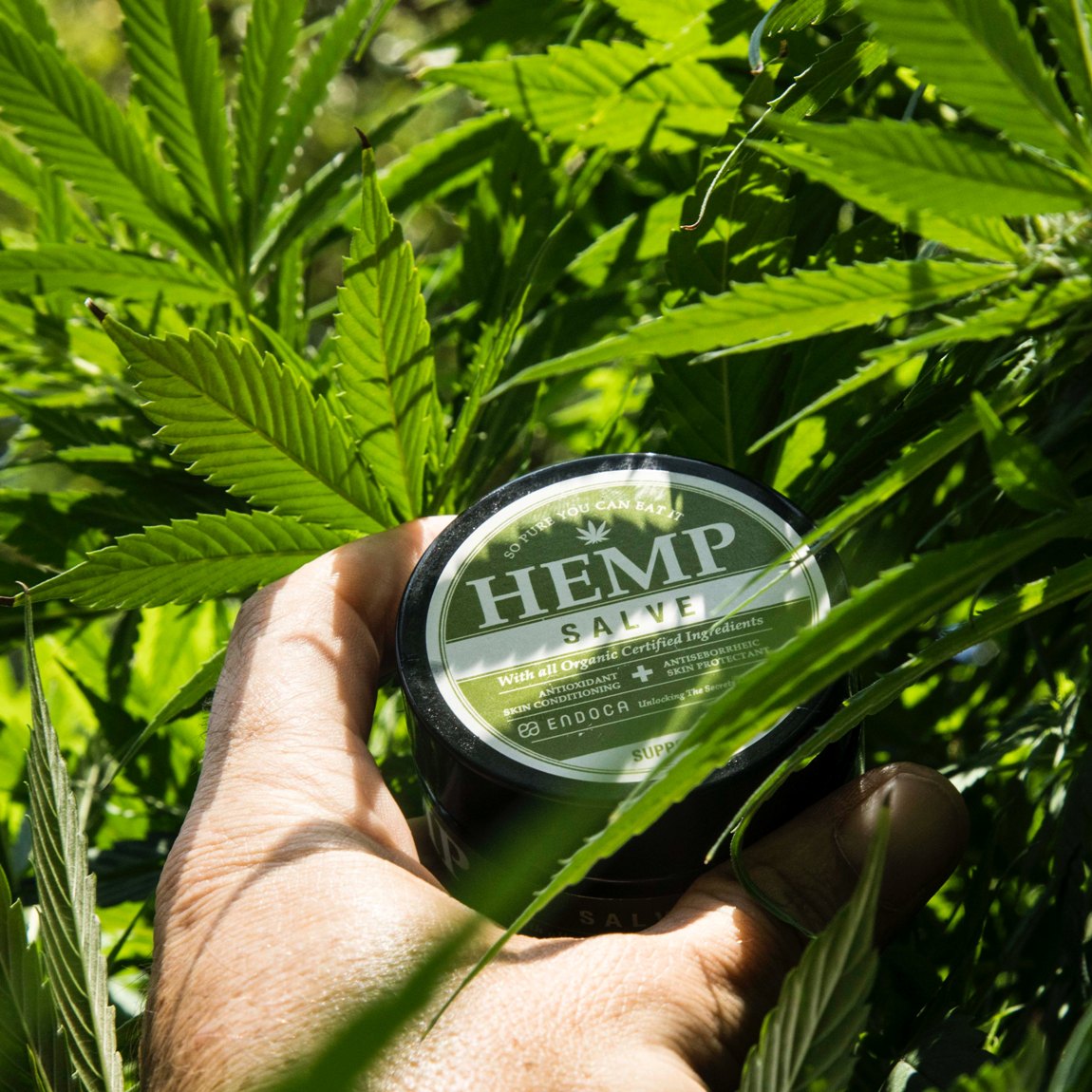
This is a guest post from Amy Reeves. Born in New York and raised in northern California, Amy joined cbdMD after spending 17 years as a business reporter in Los Angeles and Washington, D.C. In her free time she enjoys reading, traveling, visiting museums, watching movies, and fantasizing that she’ll one day finish her novel.
The CBD industry is fast-growing, dynamic, and very competitive. It first appeared in the wake of the cannabis-legalization movement in the states, with word quickly spreading among consumers and the media about its many benefits.
CBD really hit the stratosphere after the 2018 Farm Bill legalized hemp products nationwide, taking hemp-derived CBD off the DEA’s list of dangerous drugs. Analysts see CBD sales growing exponentially over the next few years, with some estimates suggesting that the industry will be worth more than $20 billion by 2022.
Without any big, established companies in the field, a great many startups are jostling to get their slice of that money. At the same time, CBD is a new enough product to most people that there are still many misconceptions are still floating around.
In this article, we cover how to best educate your potential buyers and help market your brand in a country where the rules can still seem unclear.
Utilize Email Blasts
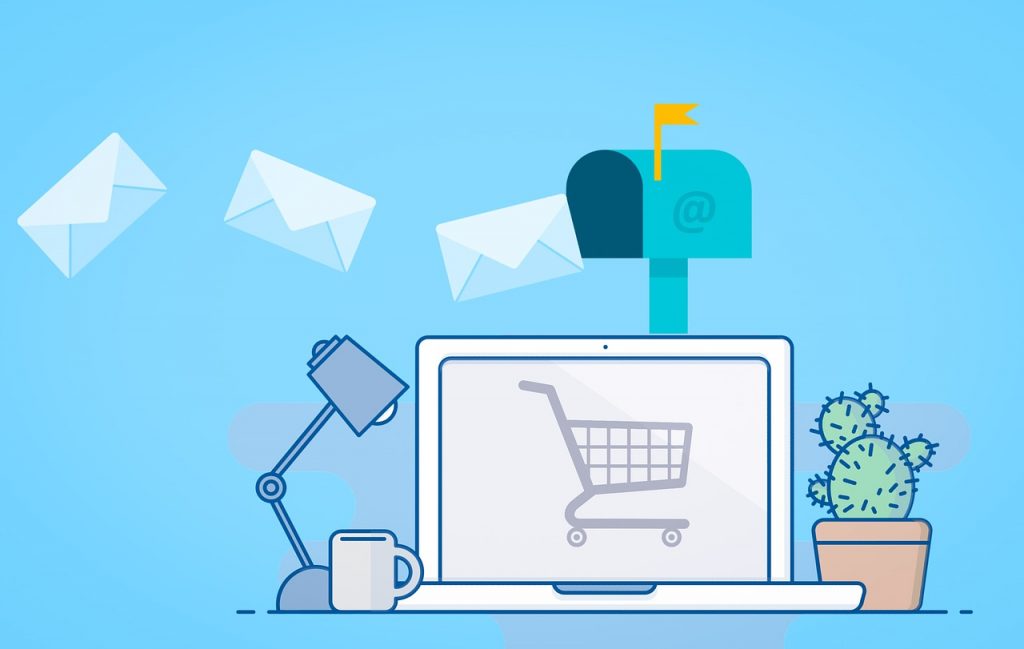
Emails lend a personal touch to marketing. A monthly newsletter for customers on CBD-related subjects, weekly emails about sales and promotions, and other forms of email marketing are a great tool to directly interact with customers.
Generally speaking, 3-5 emails a month is plenty to keep in-touch with customers. If you’re constantly sending marketing emails, customers will start to see it as spam and opt to unsubscribe.
Forget Regional, Think National
The states still have a welter of different laws about cannabis products, and they’re changing all the time. To be a national brand, the focus must be on a more broad scale as opposed to homing in on smaller, more regional concepts.
The 2018 Farm Bill legalized all products of industrial hemp, which is defined as hemp plants containing less than 0.3% THC by dry weight. Higher-THC cannabis is still considered marijuana, and is illegal on a federal level. All legal, hemp-derived products come from industrial hemp that is THC-free.
This allows marketing strategies to focus on a national level and allow the opportunity for more people to experience the many benefits of CBD. It is always encouraged to check with local laws and regulations in regards to buying CBD oil products.
Target Health Sites
Initial market research discovered that the typical CBD consumer is female, middle-aged, and interested in health and wellness – preferably natural remedies over pharmaceuticals. This translates to advertising campaigns aimed at natural and holistic health websites, where the messaging most closely aligns with the target audience.
Guest posts (like this one) are a great way to post CBD-related topics for specific sites that garner a certain type of audience. These posts lean toward being educational and informative, allowing readers to educate themselves on CBD prior to making a purchase.
Preach the Power of CBD
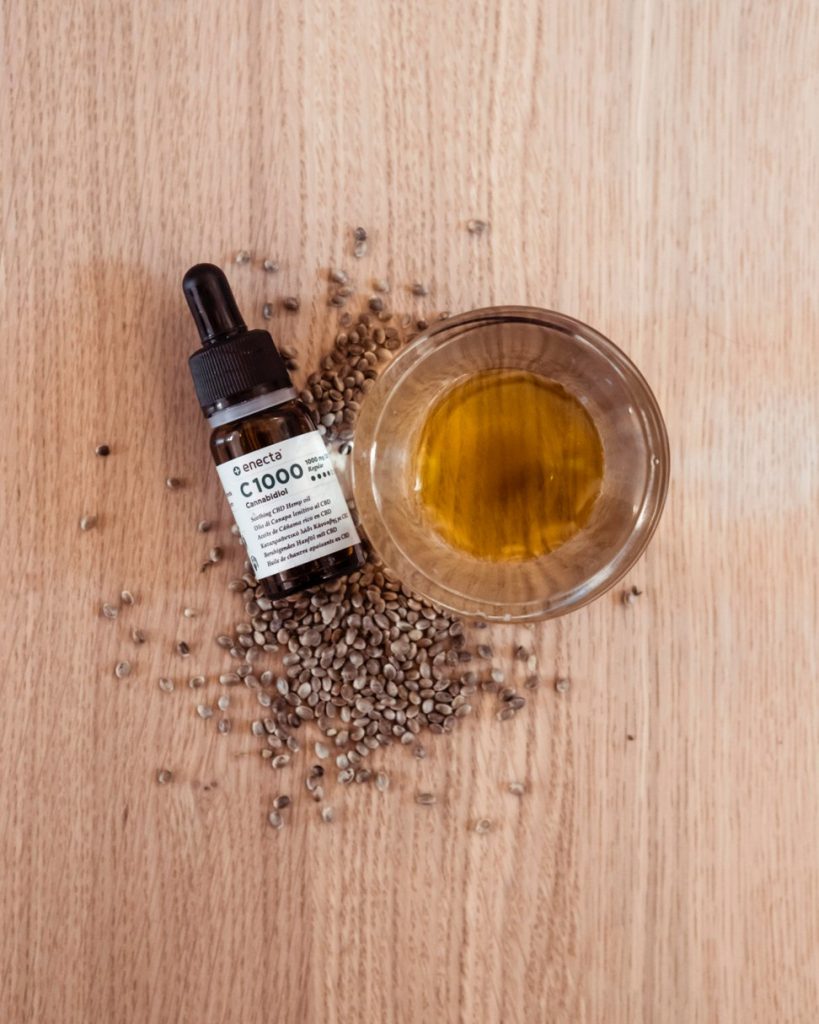
Although CBD is popular with the alternative-medicine crowd, mainstream medicine has also been giving it a lot of attention lately. New research on the benefits of CBD continues to be released as the technology involved advances.
A long string of research indicates that CBD can help with the signs of epileptic seizures, which led the FDA to approve a synthetic form of it last year for severe childhood epilepsy. Other studies have suggested benefits for a wide range of applications, including sleep, inflammation, anxiety, and other common complications; these studies have reported no serious side effects.
However, only when a product has been through the FDA’s drug-approval process can its maker claim that it actually treats particular medical ailments.
Because of this, website content, guest posts, and all other forms of content media need to focus solely on educating the public about the properties of CBD. Content can focus on the current state of scientific knowledge of CBD and how it works, allowing readers to draw their own conclusions about what’s right for them.
Clarify that No THC = No High
Since CBD comes from the Cannabis sativa plant, there’s a lot of confusion about whether it’s intoxicating. One of the most popular CBD-related search terms is, “Can CBD get you high?”
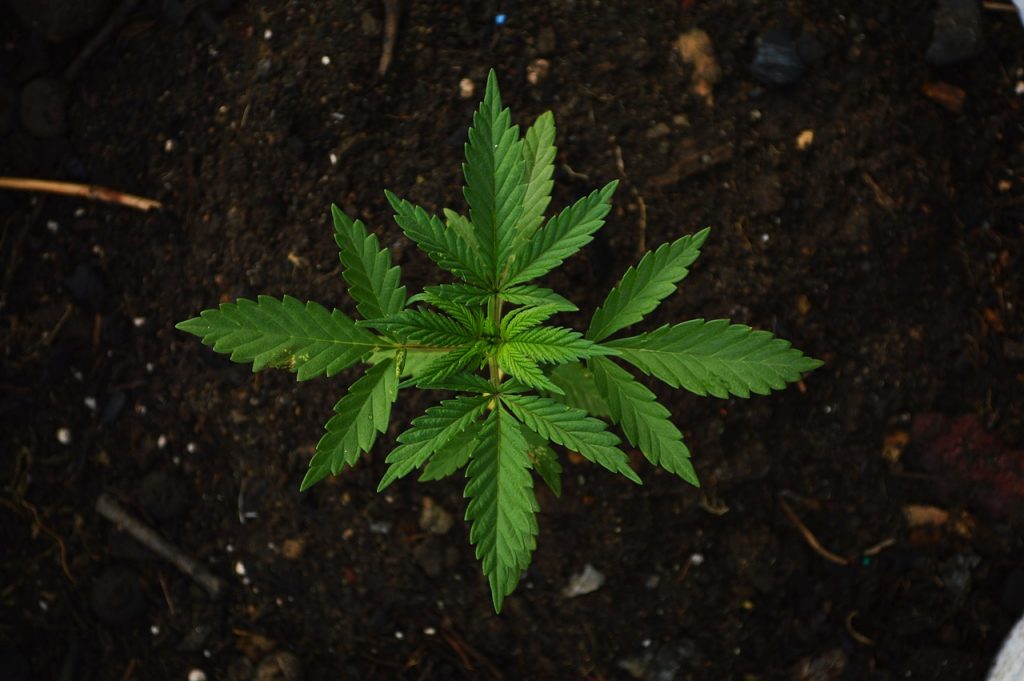
Educational efforts include explaining the difference between CBD and THC, the psychoactive part of cannabis. CBD’s effects are quite different from THC’s, and in some ways even counteracts the effects THC can have on the body.
The safety profile of CBD continues to grow as more studies reveal the many natural benefits. A recent report from the World Health Organization declared CBD non-addictive, without any potential for abuse. The WHO has, in fact, urged lawmakers to treat CBD completely differently from marijuana.
The best CBD marketing tries to avoid making any association with marijuana. Some sellers of CBD products grab attention by using pot-leaf emblems and making not-so-veiled drug jokes, but this can mislead customers.
At the end of the day, it’s about educating the masses on the natural power of CBD and letting them determine whether it’s the right choice for them.
Be Transparent
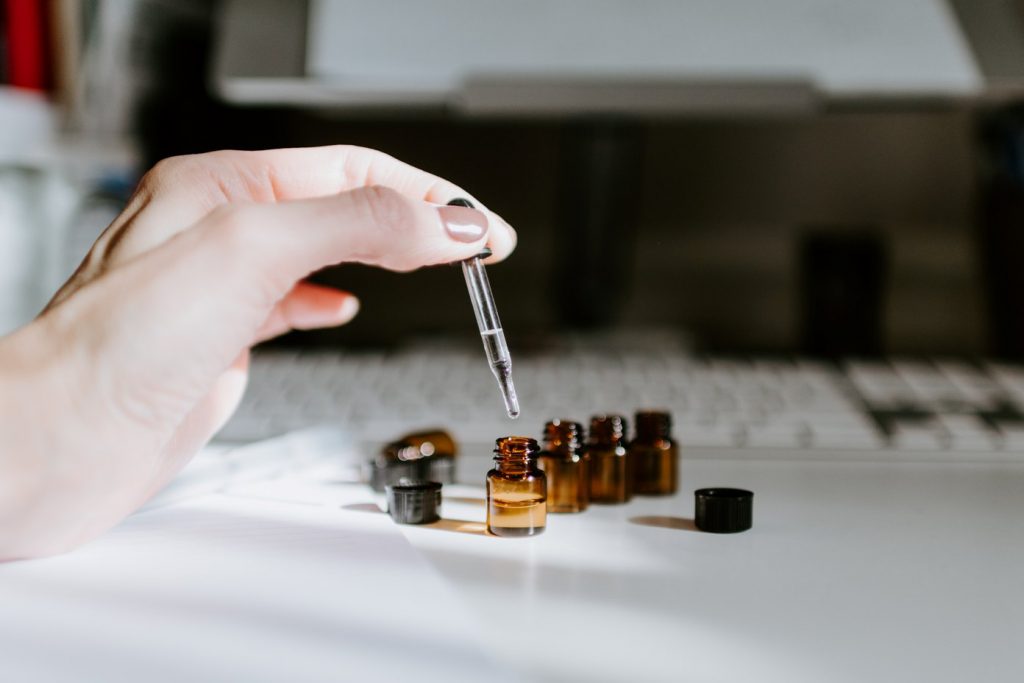
As always happens in these “gold rush” situations, some hucksters have moved in to cash in on the CBD boom. A sampling of online CBD products a couple years ago found that the majority were mislabeled; some had little or no CBD at all, while others had unlisted ingredients, including THC.
With this being said, reputable companies aim to explain the complex process involved with CBD manufacturing. High-quality CBD will always be sourced from domestic, American-grown hemp plants that use clean growing environments, coupled with third-party testing to ensure overall product quality.
All the marketing in the world isn’t going to make up for a low-quality product. Because customers have so many CBD sources to choose from, they need to feel that you’re being upfront and honest in terms of CBD sourcing – resulting in a high-quality product that customers can trust.